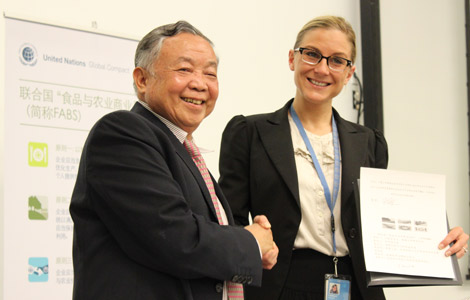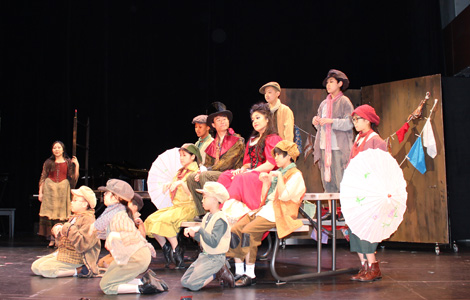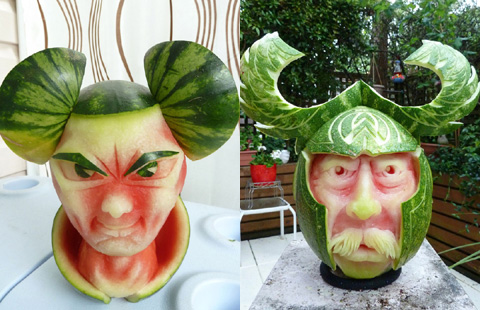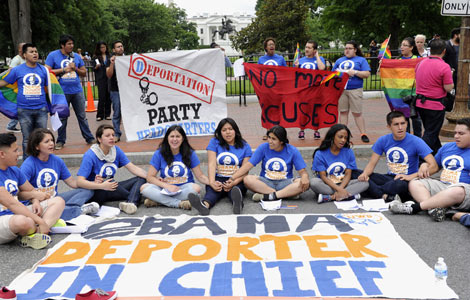Chinese benefactors honor famous doctor
Updated: 2014-06-06 05:55
By Na Li in Toronto (China Daily Canada)
|
||||||||
Thanks to a generous gift from Chinese philanthropists, the University of Toronto has unveiled a sculpture commemorating the remarkable life and work of Dr. Norman Bethune.

Bethune, a graduate of the university’s medical school, died of septicemia in a Chinese mountain village in 1939 and is remembered as an inventive battlefield surgeon and an internationalist who helped to create strong and lasting ties between China and Canada.
Chinese philanthropists Mr. Zhang Bin and Mr. Niu Gensheng contributed $800,000 to create the life-sized work and support for new medical student awards in Bethune’s name. The unveiling was followed by a gala dinner May 30 as part of the university’s Faculty of Medicine’s Bethune Legacy Celebration, which recognizes his international impact on health and the Faculty’s associations with China.
“You get the sense from Bethune’s life and work that he very much believed in going where he was needed, doing good work there and truly helping people. I think that spirit is very much alive at the Faculty of Medicine today. We continue to do important work that furthers the cause of human health together with our partners around the world,” said Catharine Whiteside, Dean of the Faculty of Medicine.
Bethune (1890-1939) is considered responsible for developing mobile blood-transfusion service for the frontline in the Spanish Civil War in the 1930s. In 1938 he traveled to China and during the Second Sino-Japanese Civil War, he treated civilians as well as wounded soldiers, effectively bringing modern medicine to rural China.
Artist David Pellettier was chosen to create the sculpture. To arrive at a fresh presentation of the surgeon and inventor, Pellettier studied Bethune biographies and photographs from the two years he spent in China at the end of his life. He was astonished by the images of Bethune, at age 49, broken by the deprivations of war, looking like a man in his 70s. He began to imagine Bethune as physician and humanitarian.
Then Pellettier started thinking about the setting of the planned sculpture — not in China, but in a triangle of grass surrounded by trees at the University of Toronto (U of T) where the Gravenhurst, Ont. native completed his medical degree in 1916. A spot where Bethune likely would have walked, and perhaps paused in contemplation.
renali@chinadailyusa.com
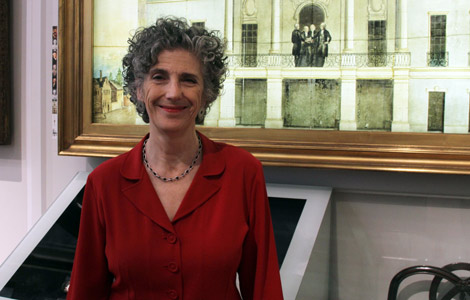
 NYC museum to showcase Chinese-American history
NYC museum to showcase Chinese-American history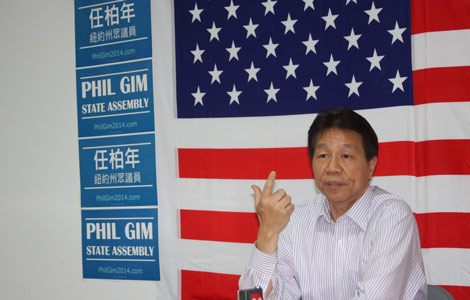
 School bill raises concerns
School bill raises concerns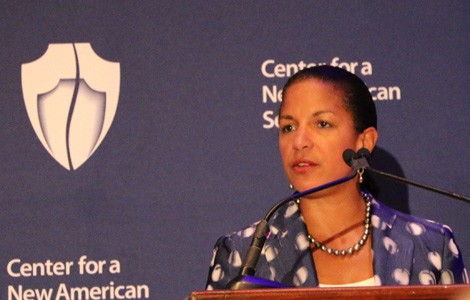
 National security adviser defends US leadership role
National security adviser defends US leadership role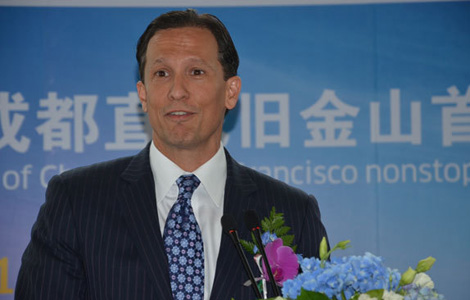
 Nonstop route links Chengdu and San Francisco
Nonstop route links Chengdu and San Francisco
 Expanding routes make Hainan Airlines order more planes
Expanding routes make Hainan Airlines order more planes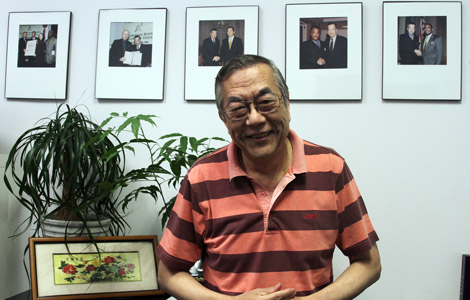
 Asian-American business professionals to be honored
Asian-American business professionals to be honored
 Air China makes maiden direct flight to Washington
Air China makes maiden direct flight to Washington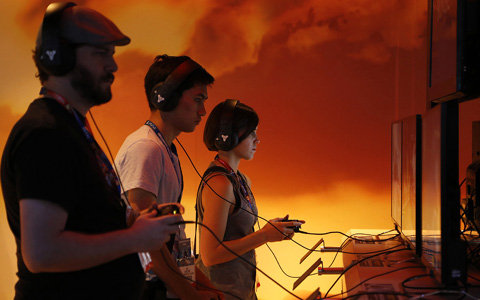
 2014 Electronic Entertainment Expo kicks off in LA
2014 Electronic Entertainment Expo kicks off in LA
Most Viewed
Editor's Picks

|

|

|

|

|
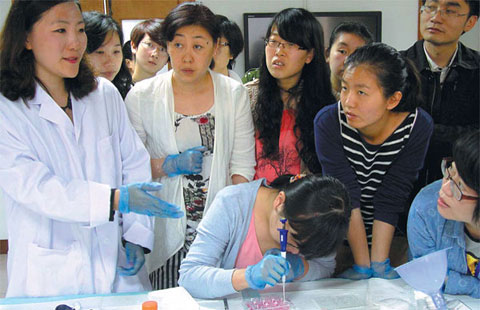
|
Today's Top News
Awards honor Chinatown leaders
US sends wrong message on China
US, China airline market heating up
Asian Americans concerned about bill to change NYC specialized school admissions
Sino-US ties reach new plane as flights expand
US clearly in the wrong over 'human rights'
Opinion: US adrift on China
China, US ink deals on energy efficiency
US Weekly

|

|
